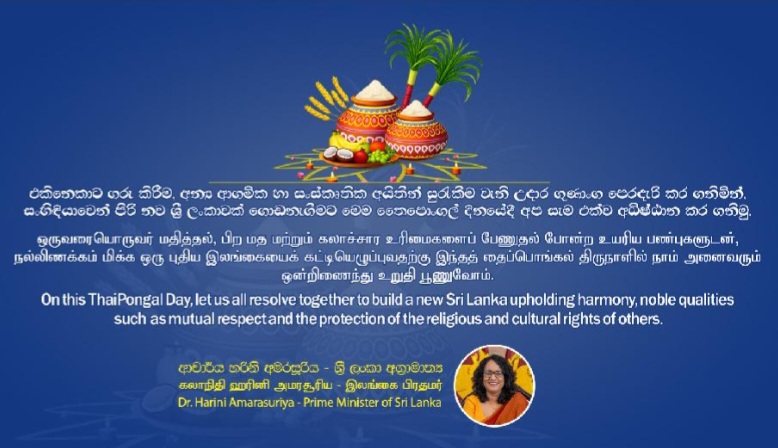The Prime Minister warmly welcomed the Ambassador and expressed sincere appreciation for her service and significant contribution to strengthening bilateral relations between Sri Lanka and the United States during her tenure. The Prime Minister conveyed special thanks to the Government of the United States for the timely assistance extended to Sri Lanka during the emergency situation following Cyclone Ditwah.
Ms. Julie Chung expressed her gratitude to the new Government of Sri Lanka for the cooperation, support, and spirit of mutual understanding extended to her throughout her tenure, and reaffirmed the continuity of partnership between the two countries.
During the meeting, discussions were held on ongoing cooperation under the Fulbright Scholarship Programme and the United States Peace Corps Programme, with both sides emphasizing their value in fostering strong people-to-people ties and long-term collaboration.
The meeting was attended by Ms. Jayne Howell, Deputy Chief of Mission, Ms. Menaka Nayyar, Counselor for Public and Cultural Affairs, Pradeep Saputhanthri, Secretary to the Prime Minister, Ms. Sagarika Bogahawatta, Additional Secretary to the Prime Minister, Sugeeshwara Gunaratna, Director General of the Europe and North America Division, Ministry of Foreign Affairs, and Ms. Pramuditha Manusinghe, Director of the Europe and North America Division, Ministry of Foreign Affairs.
[Prime Minister’s Media Division]

































